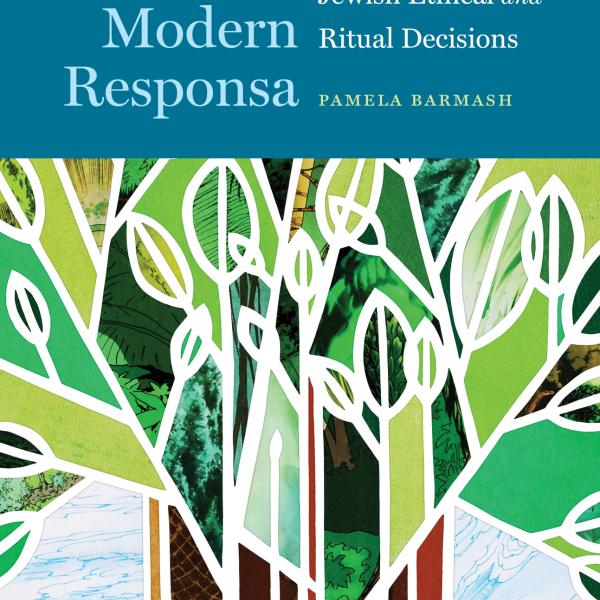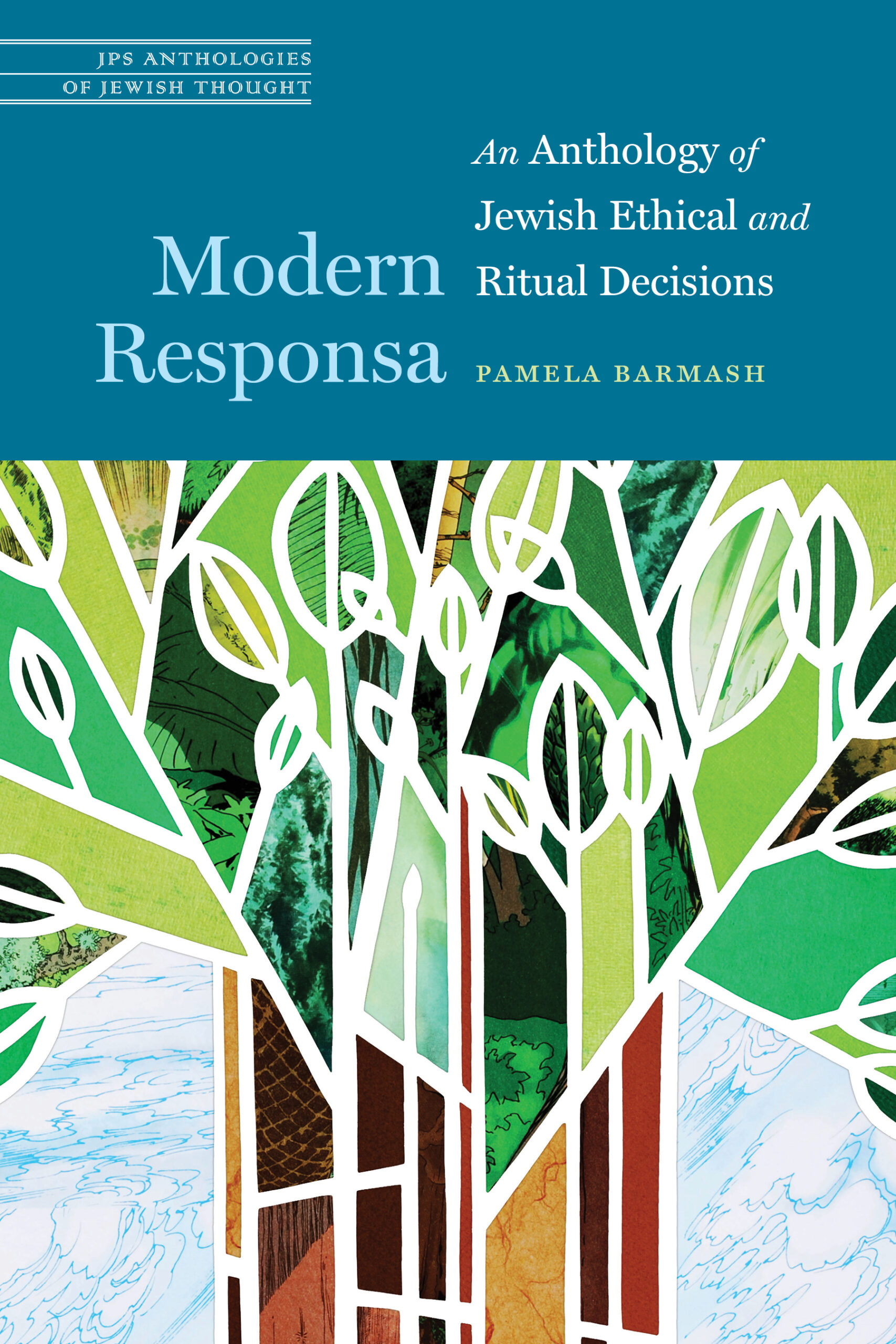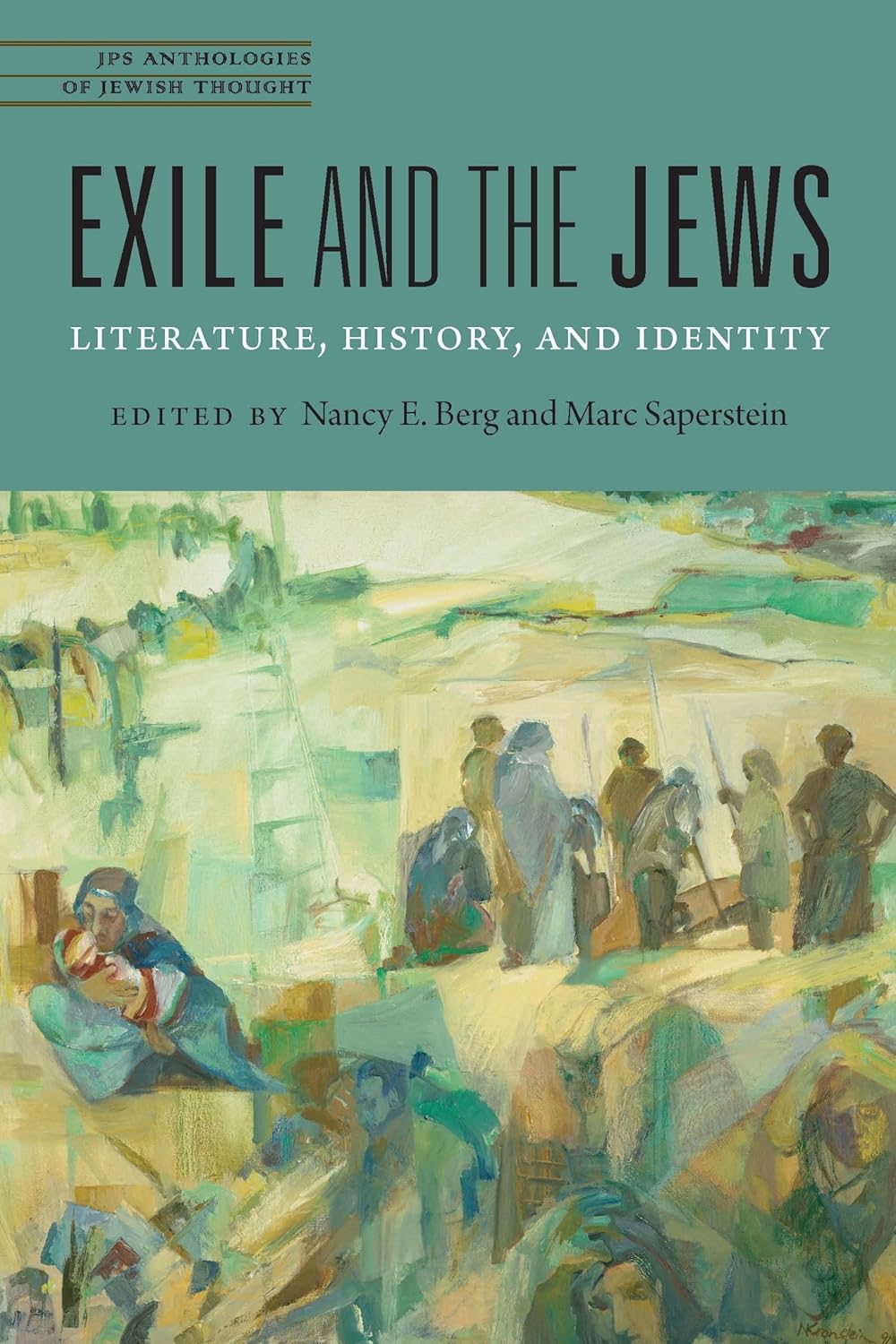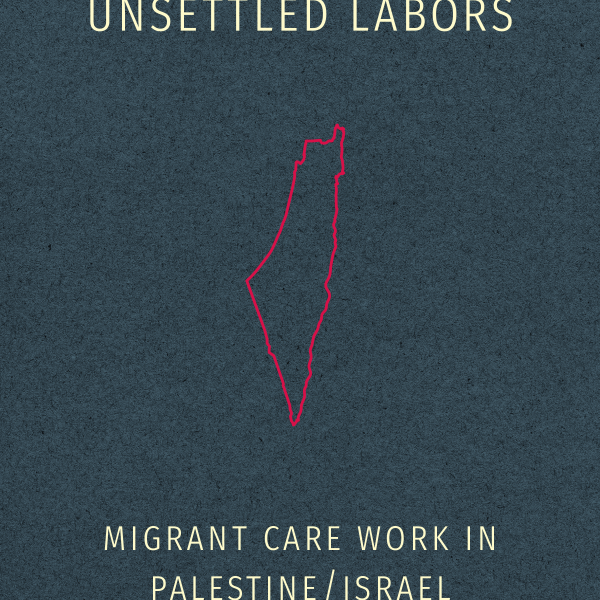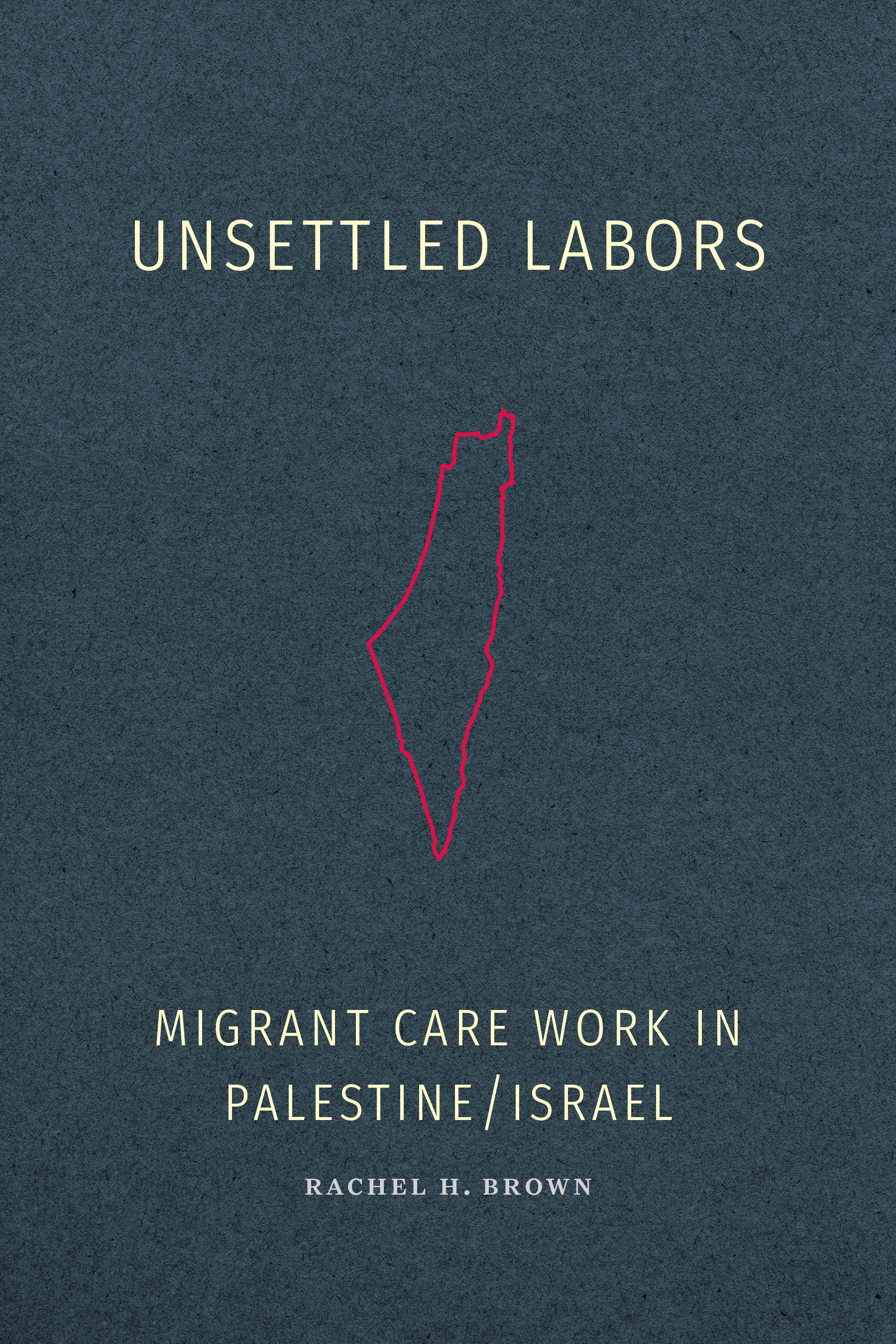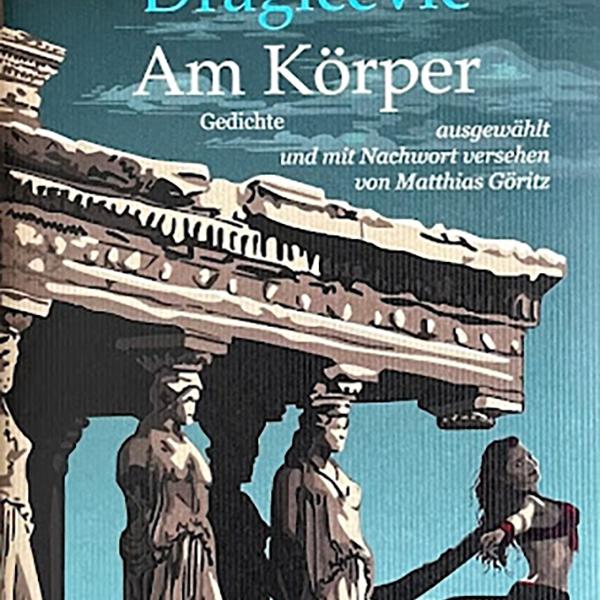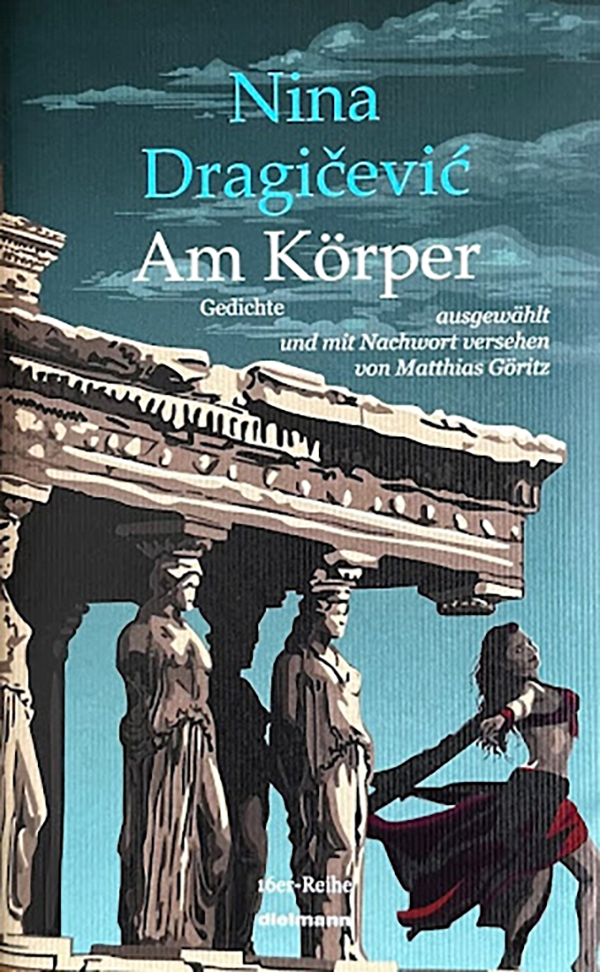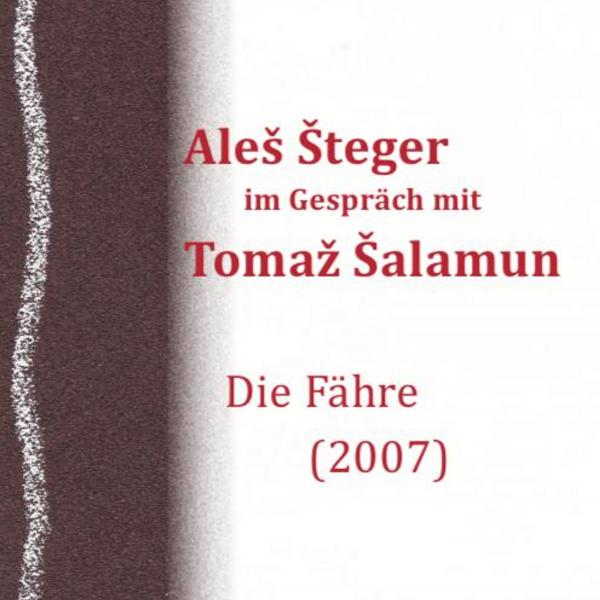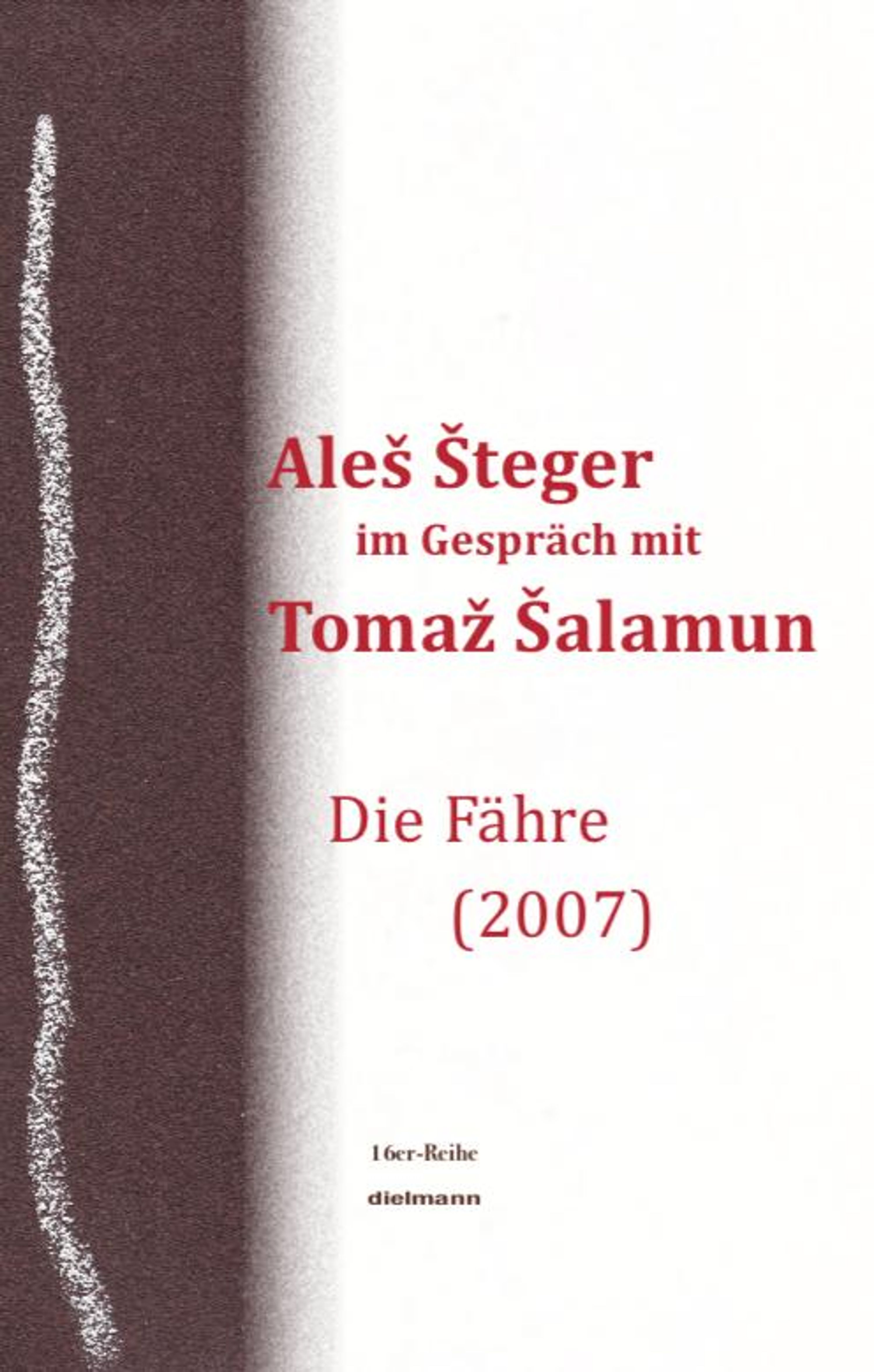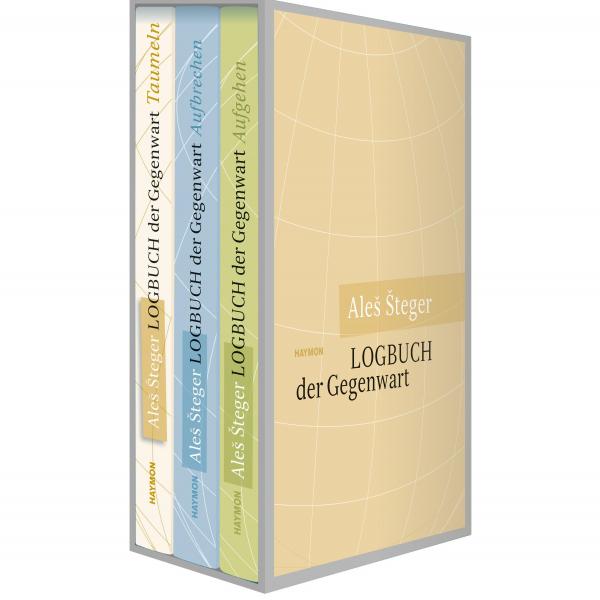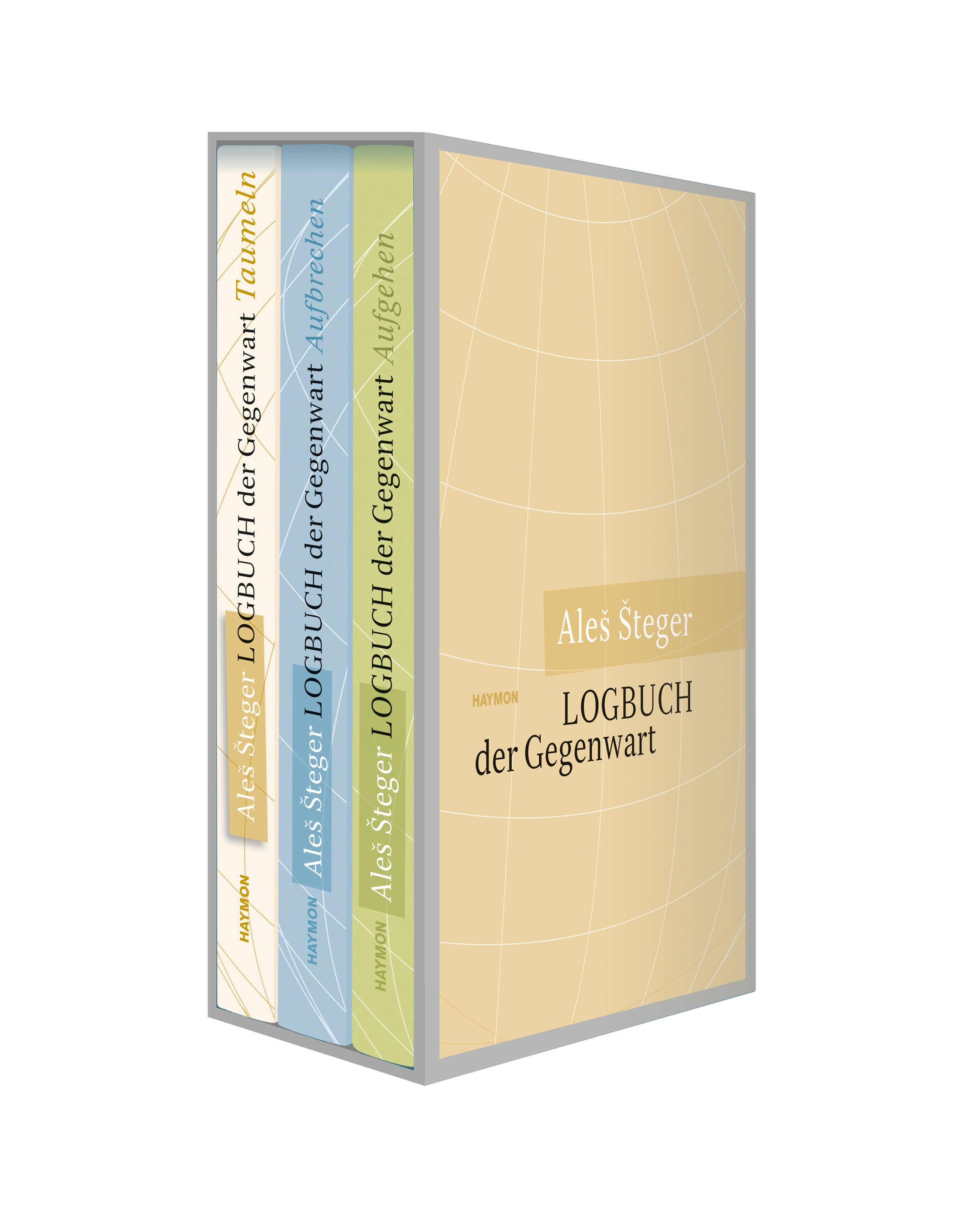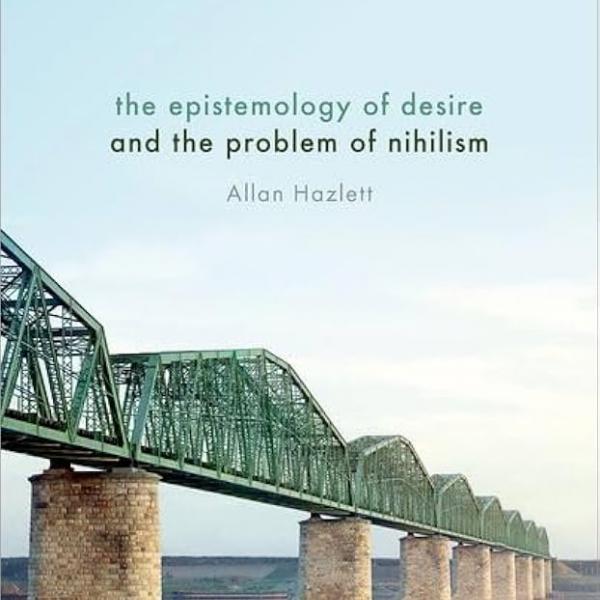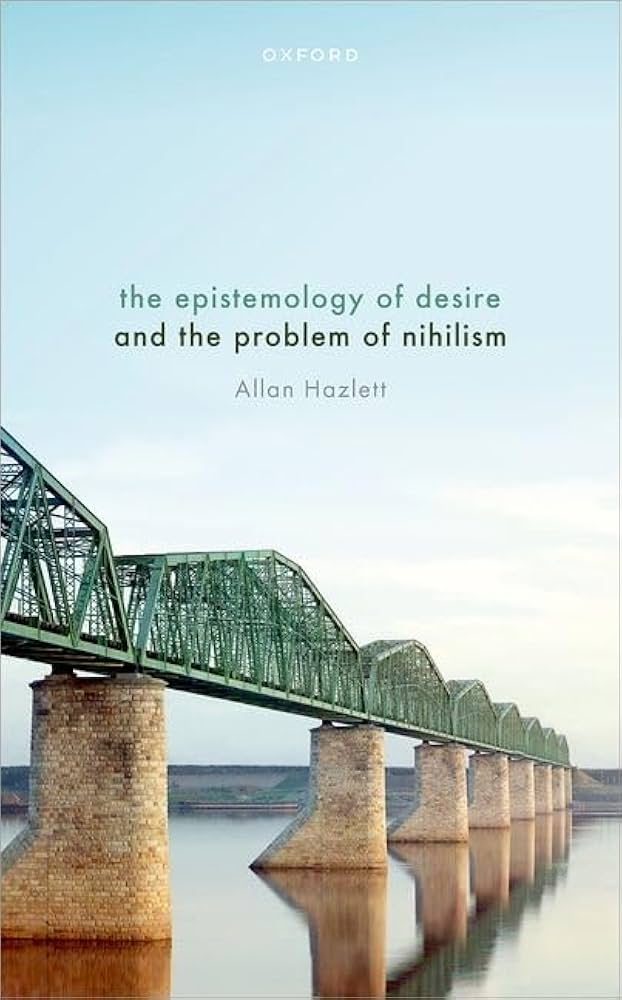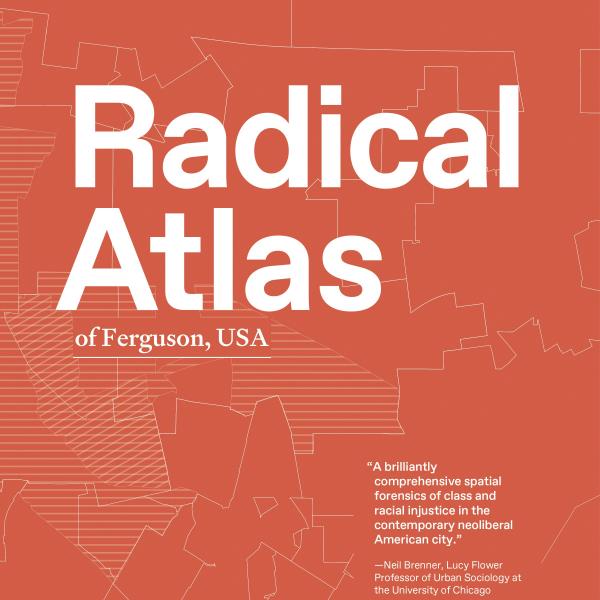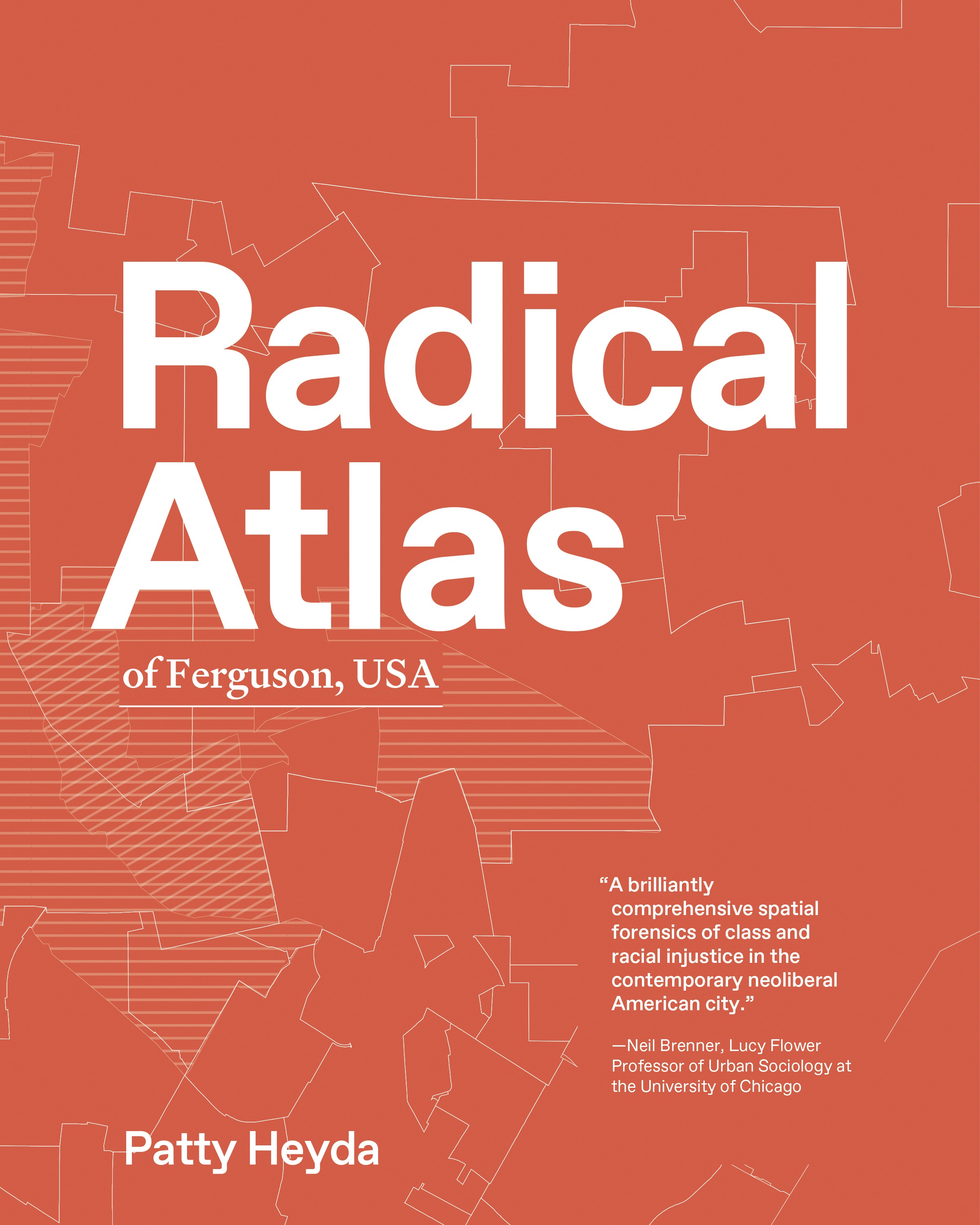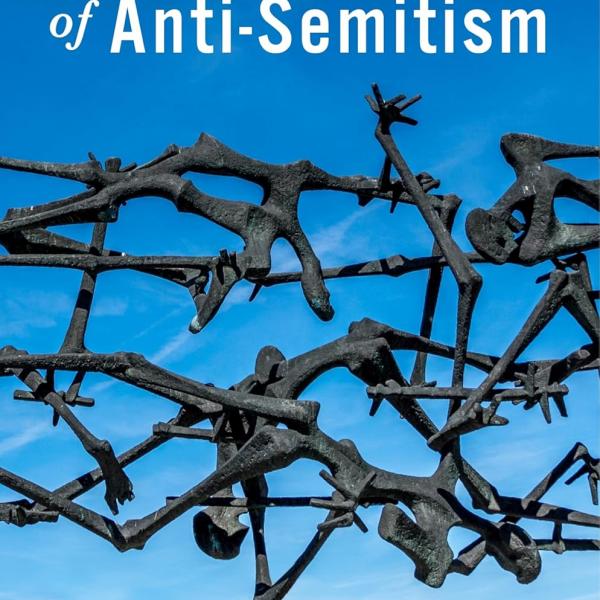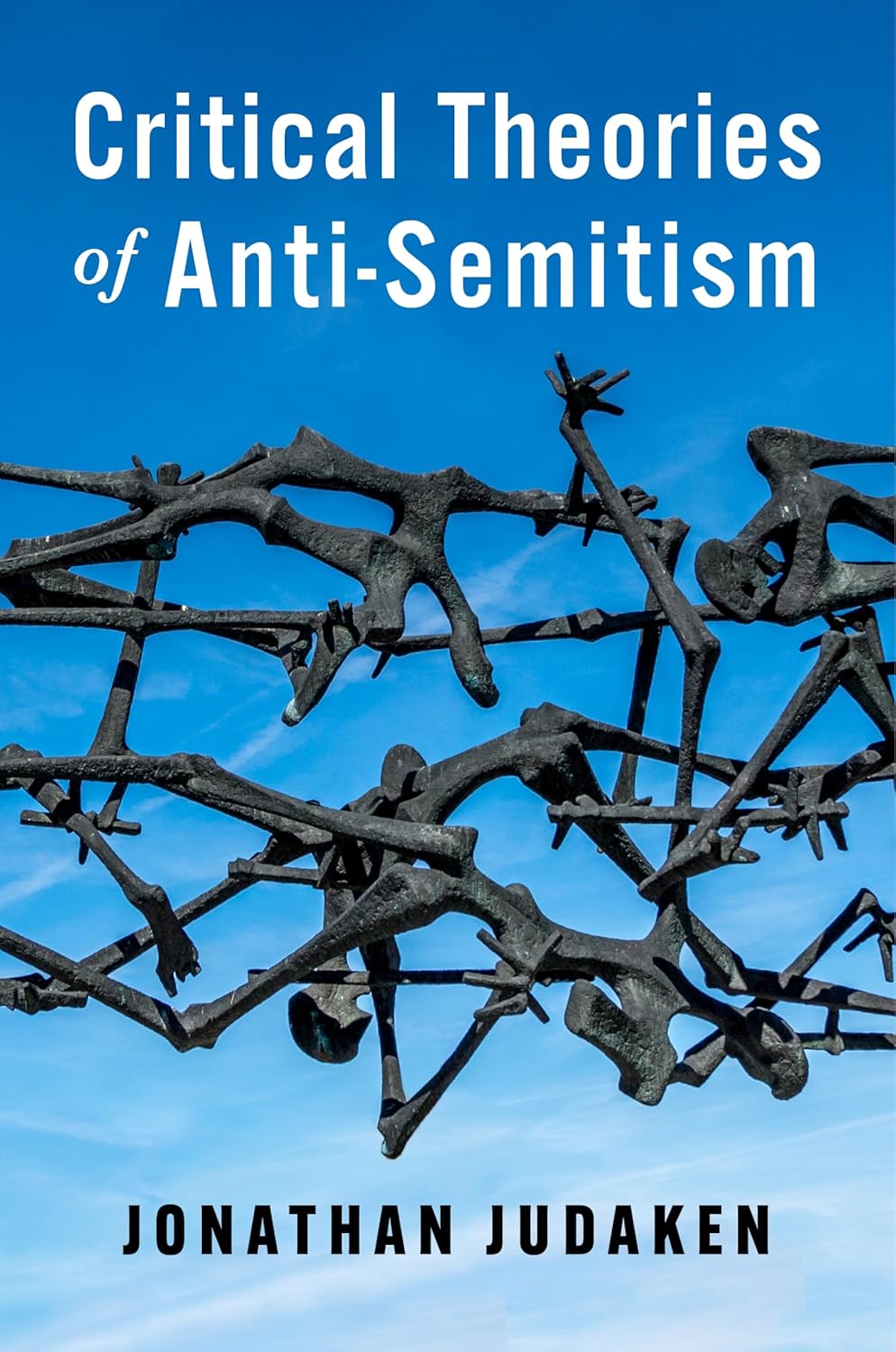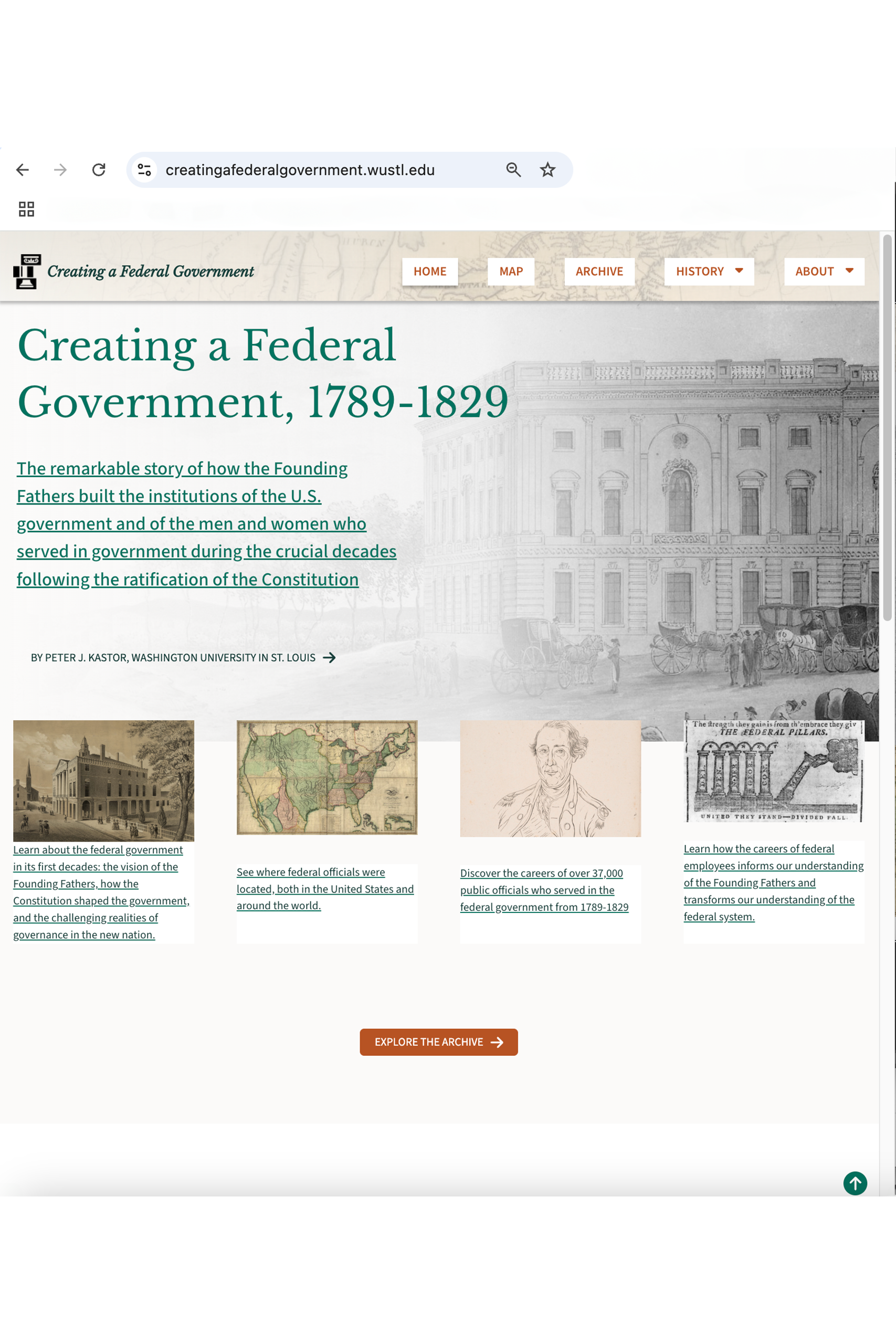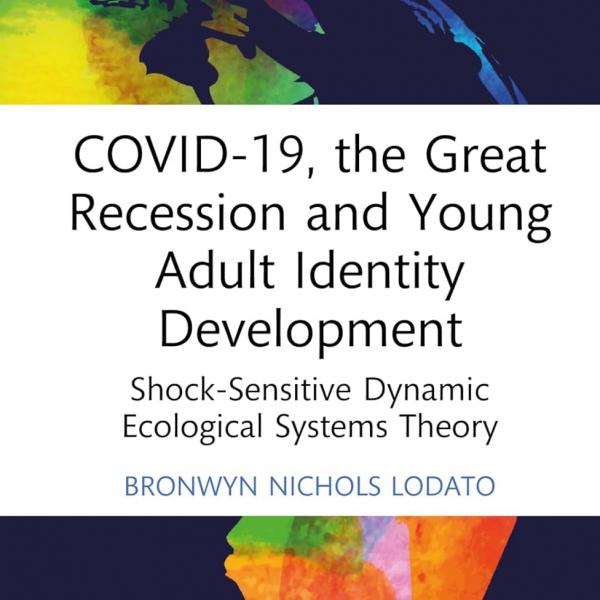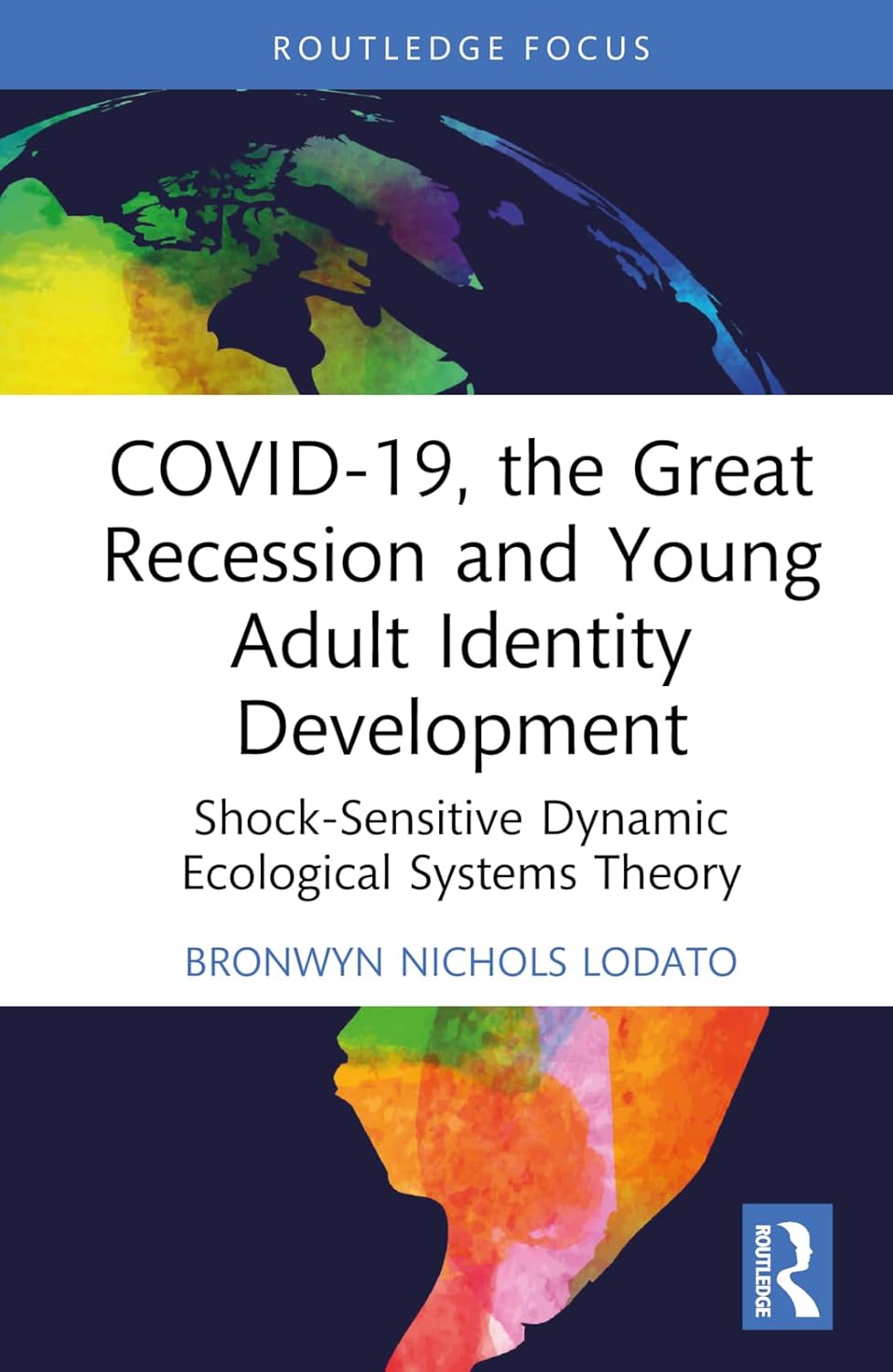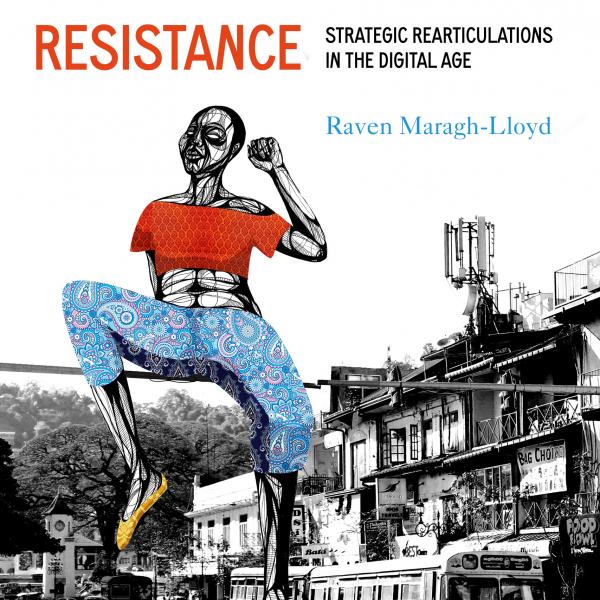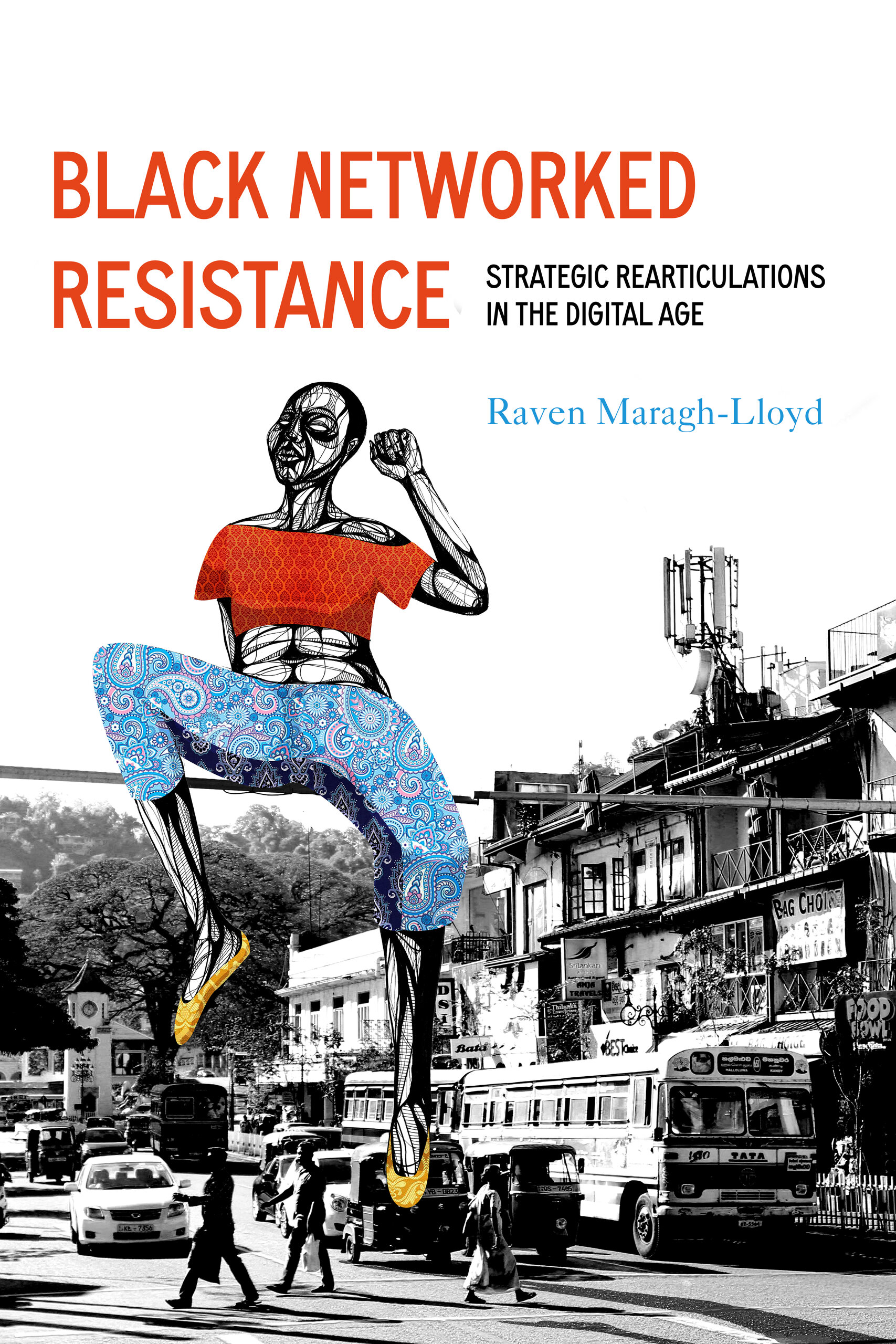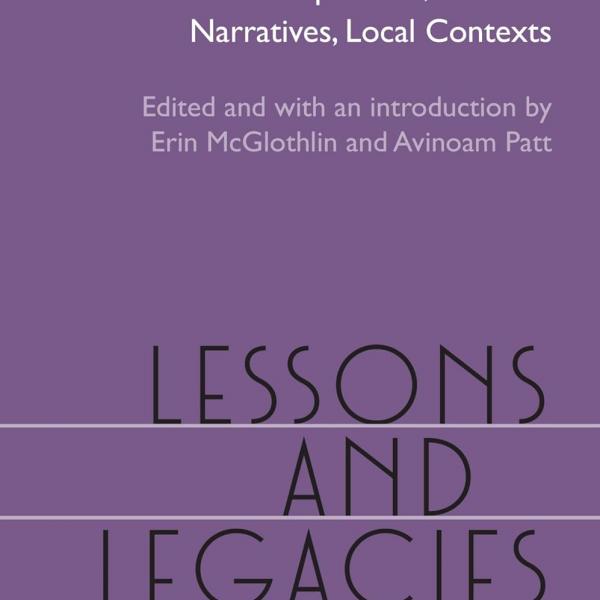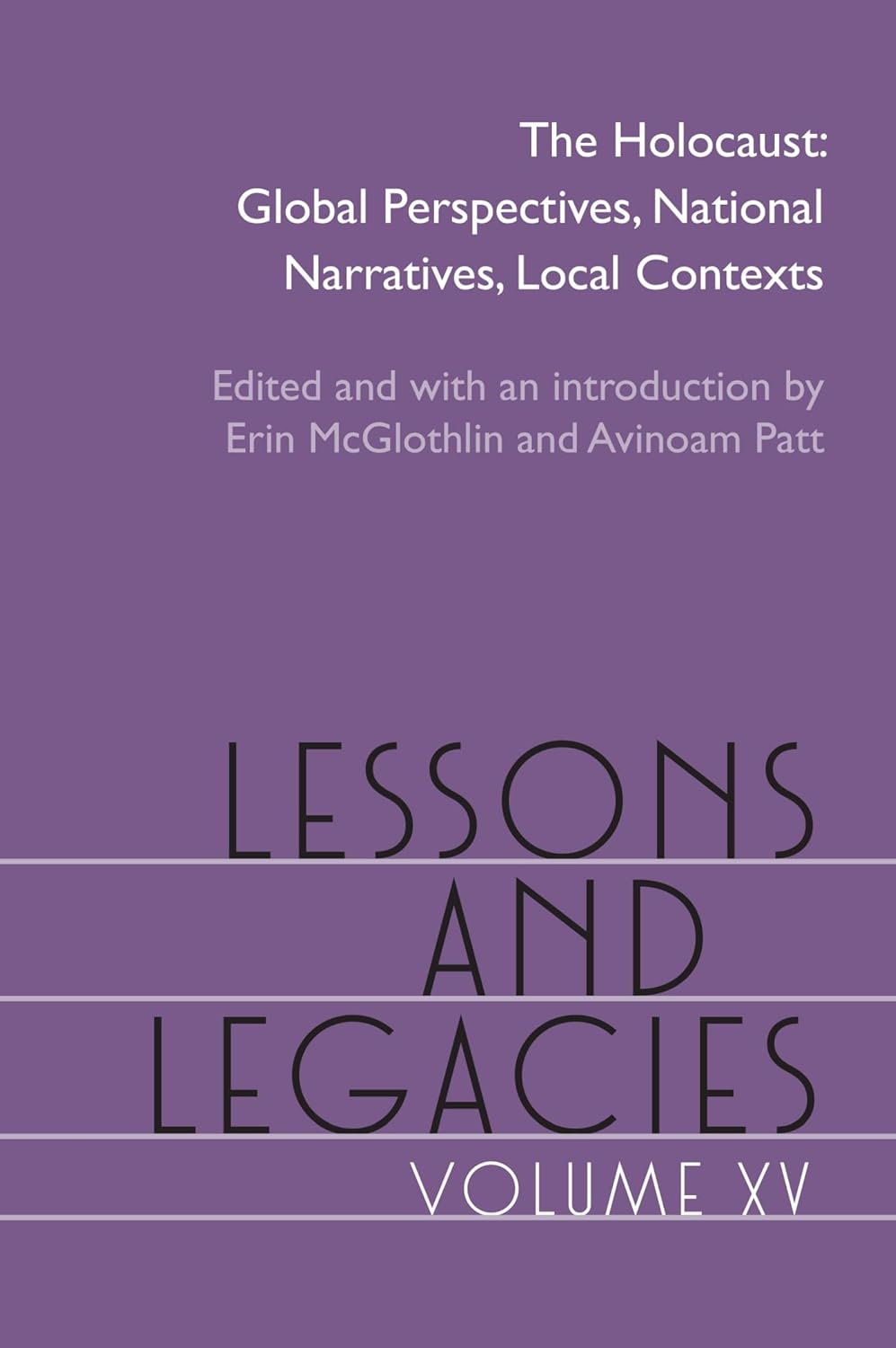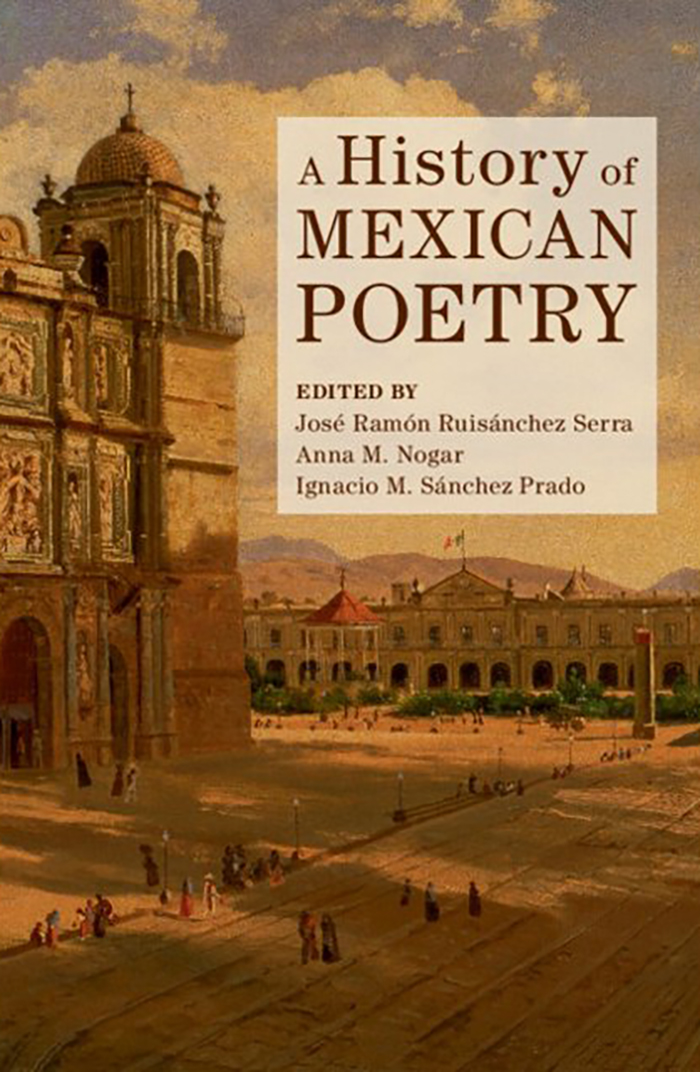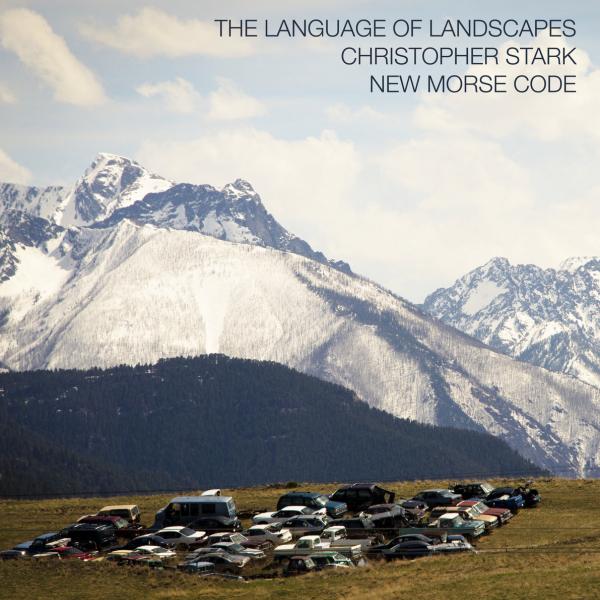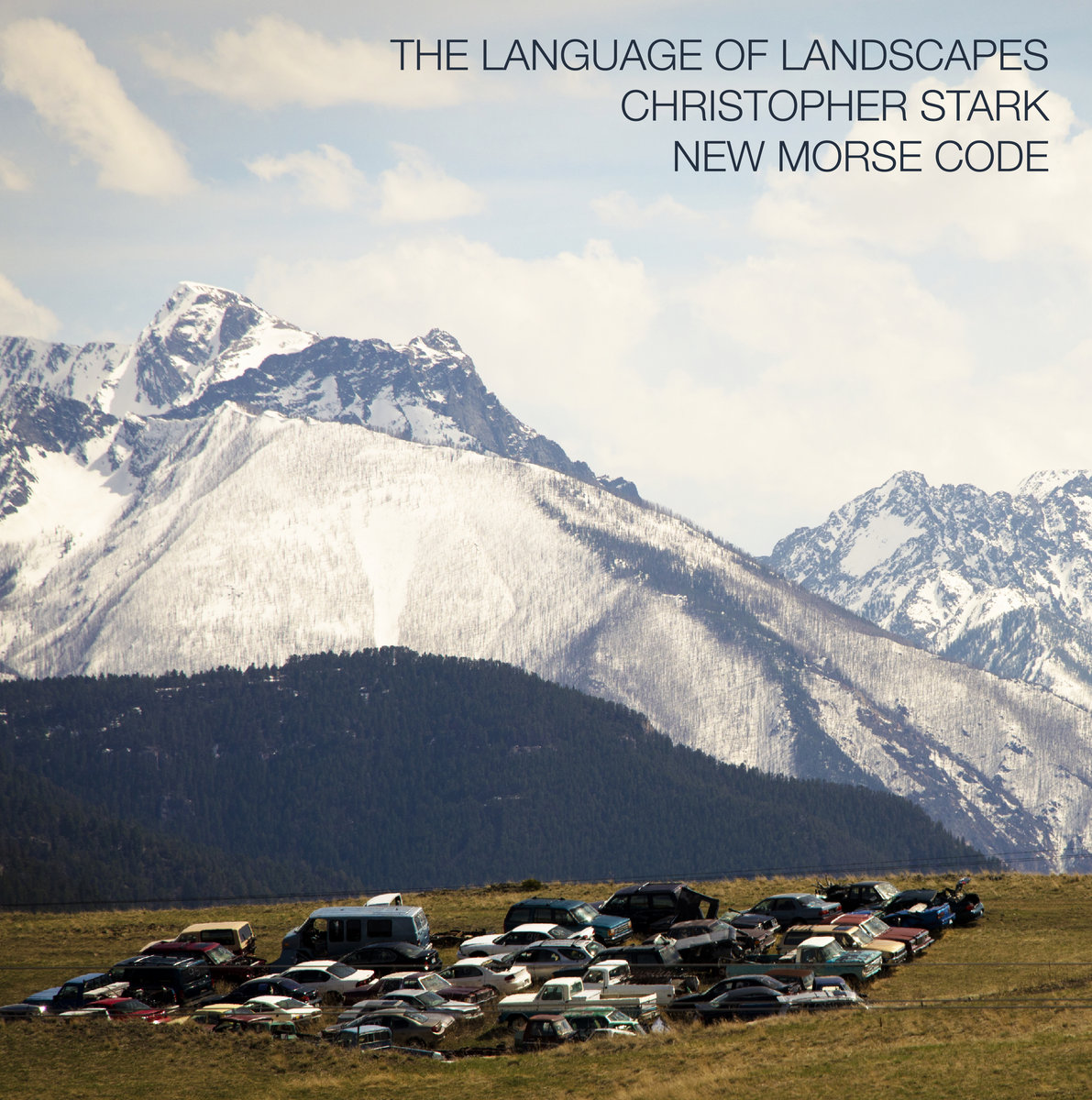Matthias Goeritz
Professor of the Practice
Department of Comparative Literature
Logbook of the Present by Aleš Šteger (translated by Matthias Goeritz)(Axel Dielmann Publishing)
Aleš Šteger travels around the world for twelve years, visiting twelve places. He uses twelve hours of his stay to write: he takes out pen and paper and absorbs his surroundings, writes down impressions, takes snapshots with his camera. These are lively places that often tell unpredictable stories that give him unforgettable memories, both beautiful and those that leave him shocked. The result can be found in three volumes, the logbooks, which impressively illuminate social, political and historical conditions and developments. The logbook project attempts to work with immediacy and pure, pulsating life in a literary way. Using clear yet vivid and poetic language, Aleš Šteger describes his encounters, places the present in the context of historical events and thus looks deeper, dives beneath the surface, off the beaten track.
Even in the midst of a catastrophe, it makes no sense to proclaim the catastrophe. Aleš Šteger only strikes a soft tone.
In the first volume, Aleš Šteger staggers through the capital of his native Slovenia, Ljubljana, on the day of the prophesied end of the world, followed by Minamisoma, which is close to the Fukushima nuclear power plant. In Mexico City, he witnesses a demonstration against the government’s handling of the murder of 43 students. Finally, the author finds himself at a bus station in Belgrade, meeting Syrian refugees during their stopover on the way to Hungary.
The second logbook of the present opens with a look at Shanghai and a critical examination of the surveillance of people by artificial intelligence, providing an insight into the vibrant life and the simultaneous threat of omnipresent control. The traumatic Gulag past on the Russian Solovetsky Islands becomes tangible. In Bautzen, Saxony, the author gains insights into a former Stasi prison and is confronted with the shift to the right in politics and society. The journey described in the second logbook ends in Kochi in southern India.
This unique writing project comes to an end in the third and final part, “Rising Up.” Aleš Šteger first travels to Santiago de Compostela, where he follows in the footsteps of the Covid pilgrims, then he visits Tierra del Fuego in Chile and reports on the colonial events initiated by Magellan. In Hargeysa, Somaliland, he meets survivors of a forgotten genocide and their interesting culture, and concludes his journey with a final day in White Sands, the site of the first atomic bomb explosion.





